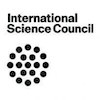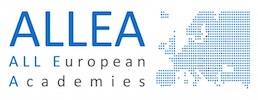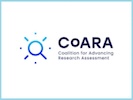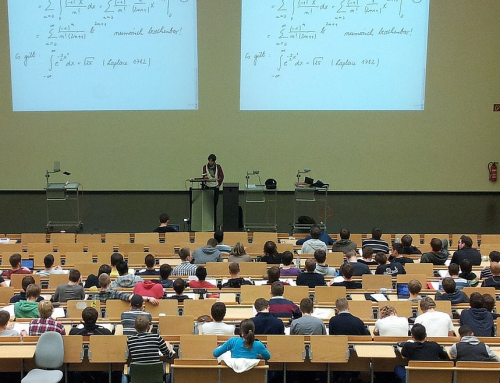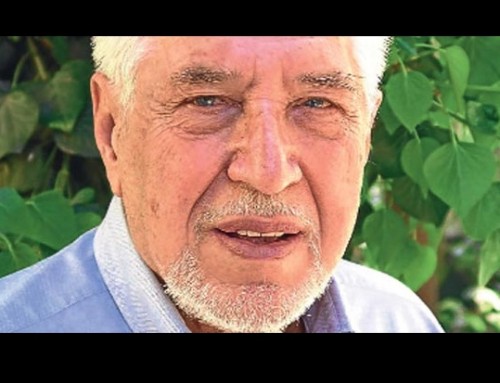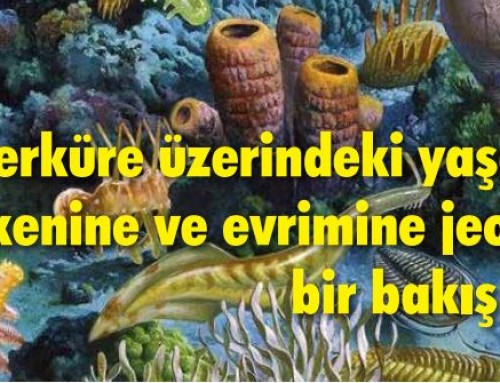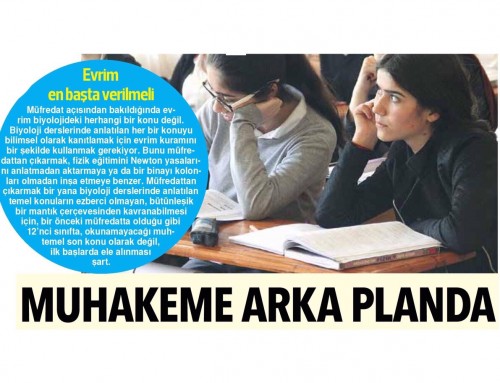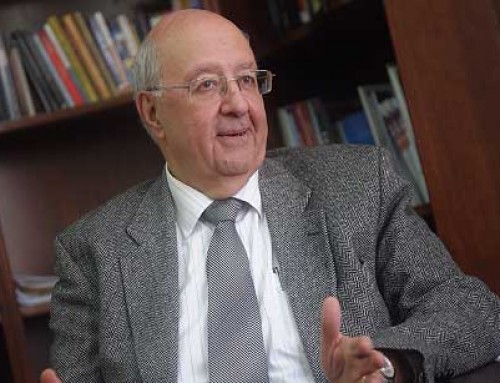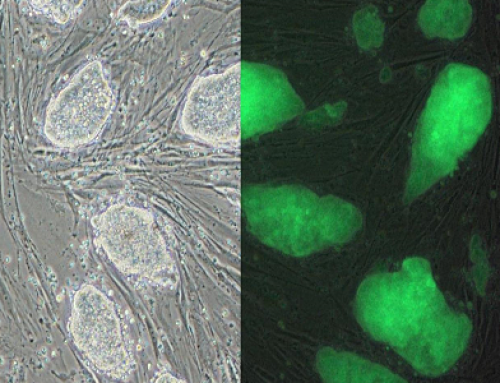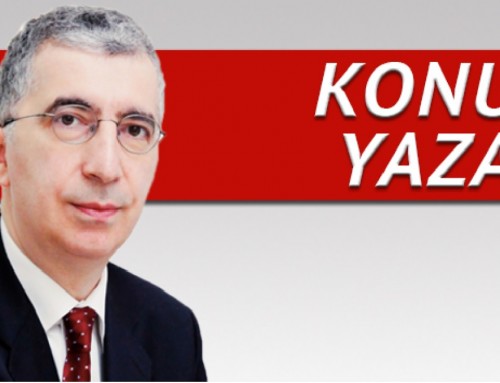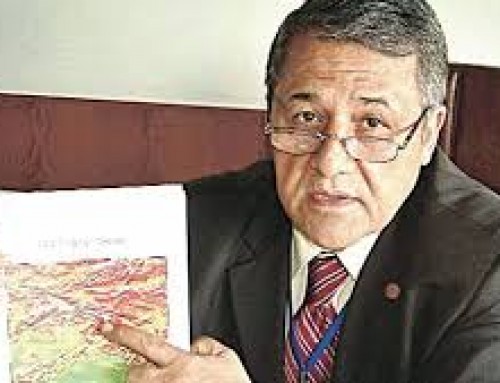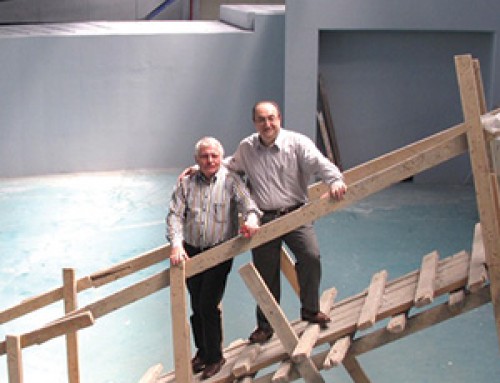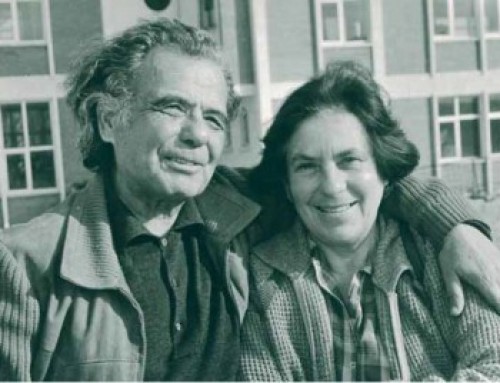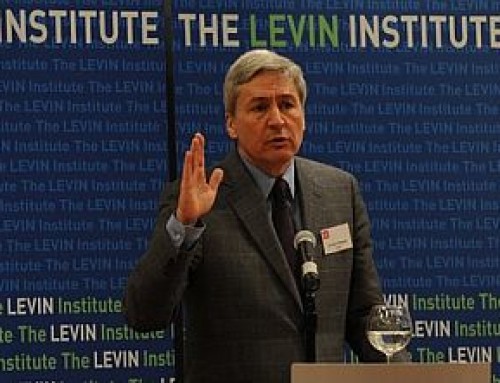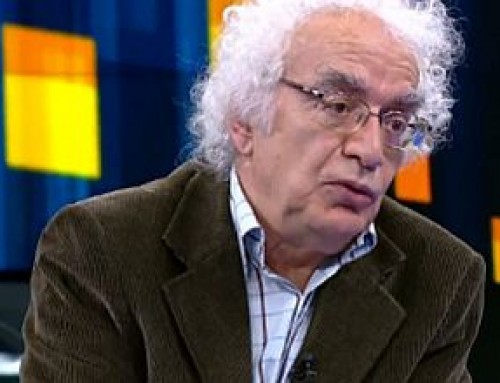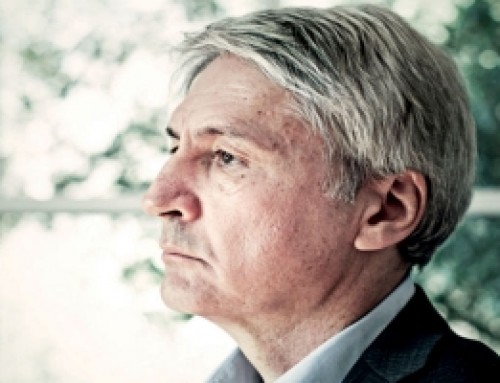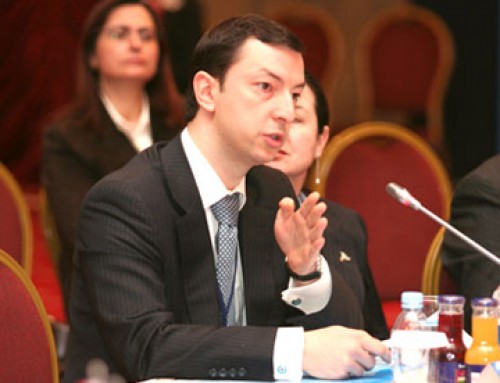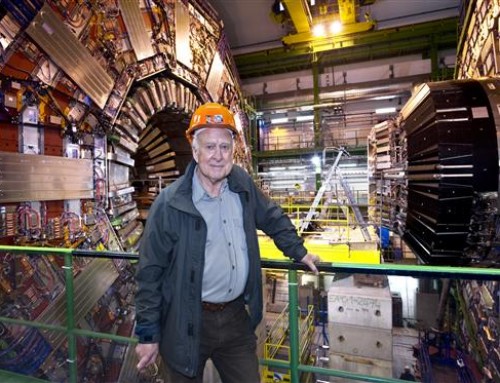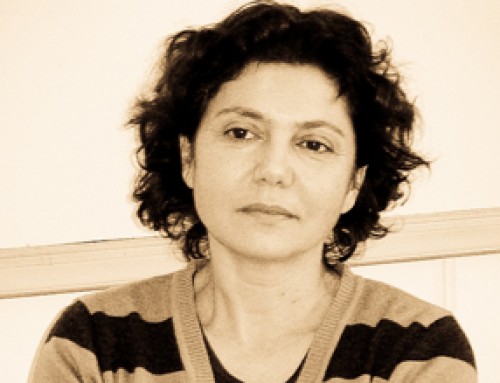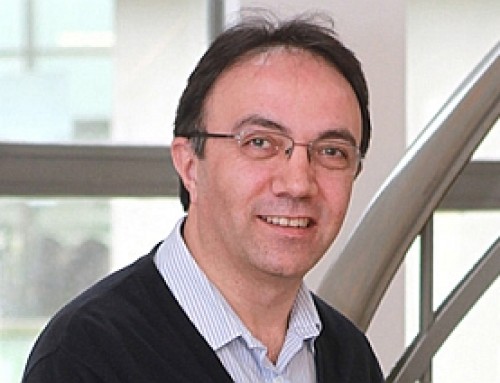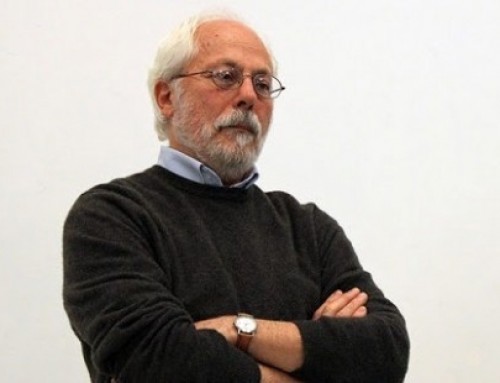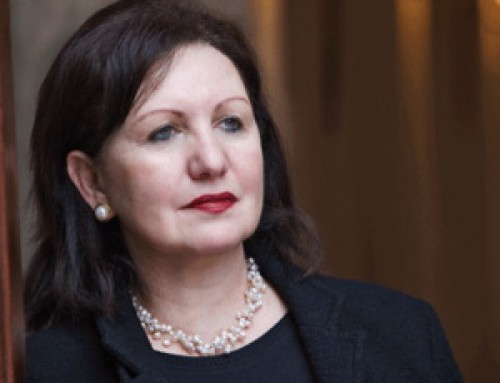The Tragedy of Soma Mine-Workers: A Crime of Peripheral Capitalism Unleashed.
A. Erinc Yeldan, Professor of Economics
Yasar University, Izmir
One of the greatest work-crimes in mining industry occurred in Soma, a little mining village in Western Turkey. At noon-time on Tuesday 13 May, according to witnesses (the official cause of the “accident” still unknown after nearly 30 hours at the time of writing these lines), an electrical fault triggered a transformer to explode causing a large fire in the mine, releasing carbon monoxide and gaseous fumes all over. Around 800 miners were trapped 2km underground and 4km from the exit. At the time of writing, the death toll had already reached 245, with reports of another 100 workers remaining in the mine, yet unreached.
Turkey has possibly the worst safety record in terms of mining accidents and explosions in Europe and the third worst one in the world. Since the AKP’s reign to power in 2002 and up to 2011, it is reported that there had been an increase of work-related accidents by 40 percent. Death toll in these accidents had reached to more than 11,000.
Many analysts agree that what lies behind these tragic events is the unregulated and poorly supervised attempts of a corrupt ruling government with hasty privatizations and forced informalization of labour. The Soma mine itself had been privatized in 2005. Amidst the heydays of an anti-public sector campaign, the new owners of the plant had proudly declared a successful decline of the production costs from the 120-130 US$ range under public ownership of the State Coal Inc. (TTK) to 23.8 US$. It was not very long that what actually facilitated this “miraculous market success” was the determined evasion of the security measures and safety standards. In that front, president of the private Soma Inc., Mr Gürkan was heard boasting “You can ask’ what changed in the mine?’ The answer is ‘nothing’. We simply introduced methods of the private sector only”.
Over this process of “introduction of the methods of the private sector”, average daily pay of the miners hovered at 47 TL (approx. 20 US$, gross) while the then existing tunnels of production had been extended from 350 meters to more than 2.5 kilometers. The dissolution of the Council of Public Inspection by a government decree in 2011 was clearly instrumental in reducing the role of formal inspections to no more than friendly visits of the company headquarters, with no attention paid to the actual working conditions within the tunnels.
The tragedy is now referred not as a “working accident”, but a crime of the century not only by Turks but also by the workers abroad. Mining workers in Bolivia, Cuba and Venezuela had already shown solidarity support by declaring one full day of work leave. In contrast, the half-hearted and tone-deaf speech of the Prime Minister Erdogan nearly one full day later, comparing the tragedy to the mining accidents in England and US in late 19th century arguing that “mine accidents are normal globally”, had sparked a wave of protests and clashes all around the country.
Yet, given all this local portrayal narration one should not miss the global aspects of the Soma crimes. For what lies behind this ‘market-does everything better’ approach is the ongoing process of uneven globalization subjugating indigenous peoples of the globe to the dictates of value-chains of the corporate profit motive. A recent report released by the Ankara-based think-tank TEPAV reveals, for instance, that deaths per million metric tonnes of coal mined reach to 7.2 in Turkey, in comparison to 1.27 in China, and 0.04 in USA. Within Turkey itself, this ratio is reported 4.41 in the public-owned plants of the TTK, in contrast to the private sector average of 11.50.
With an extension of twelve sub-contracting firms engaged in Soma, the tragedy is a clear manifestation of the peripheral third-world capitalism at its best, as the most polluting and hazardous industries are being shipped to the global sweat-shops with poor regulation and fragmented, informalized working conditions.
